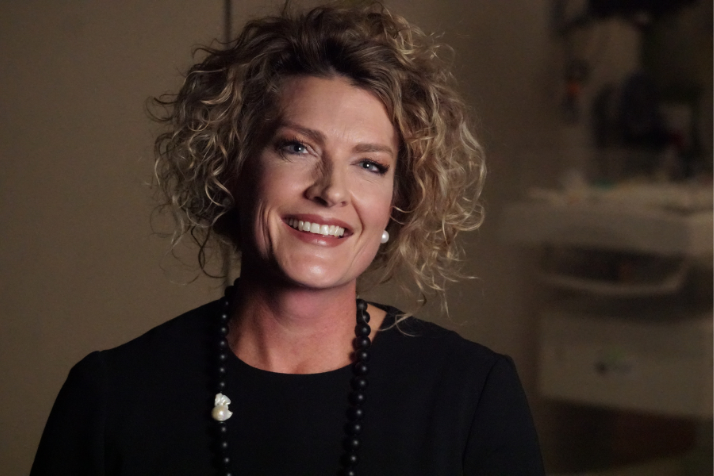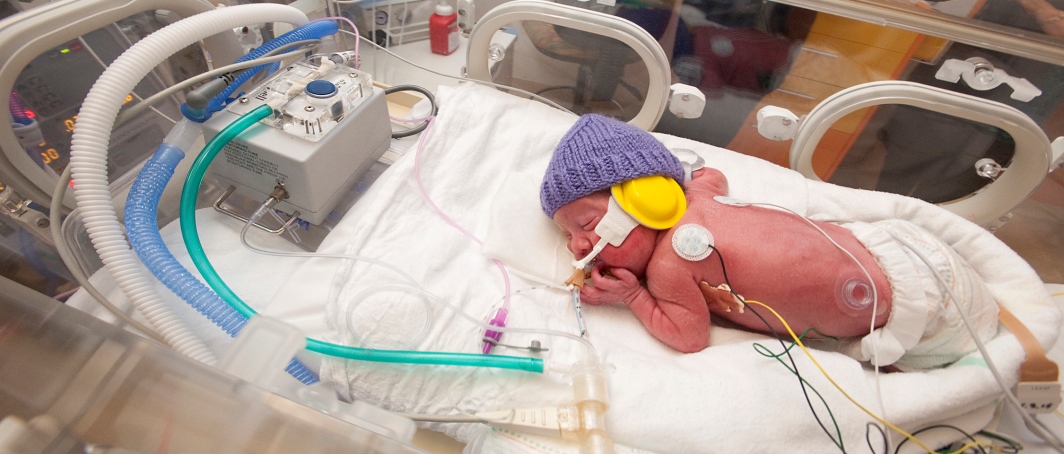Research overview
Our group has undertaken world-leading experiments to develop an advanced artificial placenta life support system, known as EVE therapy. We have embarked on this work because conventional approaches to supporting preterm infants, such as lung ventilation, offer very poor outcomes for babies born at the border of viability. For babies below 24 weeks’ gestation, the chances of disease-free survival are slim. For the minority of these babies that do survive, almost all will be discharged form hospital with a serious, life-long disease such as cerebral palsy, learning deficit, blindness, or cardiovascular disease. Developing a new means of supporting these extremely preterm babies is thus a critical health priority.
Our novel EVE therapy platform eliminates the need to damage the extremely immature preterm lung with mechanical ventilation and does not require the administration of drugs to force closure of the fetal cardiac shunts. Rather, gas exchange is performed inside an artificial uterus by membranous oxygenators (aka ‘artificial placenta’) connected to the umbilical vessels. Nutrients (lipids, amino acids, glucose) and any treatments required are provided to the lamb intravenously at the gas exchange device, eliminating the risk of injuring the preterm gastro-intestinal tract by nasogastric feeding. The lamb is safely submerged in a protective bath of continuously sterilised artificial amniotic fluid, and is protected from fluctuations in temperature, dehydration and physical trauma to the immature skin.
Our EVE Therapy platform, which is currently in pre-clinical testing, was designed with two objectives: to provide a new life support platform for babies born at the border of viability, and to provide a platform to support the development of new treatments and therapies for preterm infants.
In experiments conducted in 2019 and earlier in 2020, we used our artificial placenta platform to support, for the first time, very sick extremely preterm fetuses – simulating the clinical characteristics of a likely extremely preterm patient. No other group in the world has achieved this important development milestone. Simultaneously we have also demonstrated the initial clinical utility of artificial red cells in the treatment of extremely preterm fetuses. Artificial red cells are an important addition to our platform as they eliminate the need to urgently crossmatch donor blood products and the risk of infection with agents such as cytomegalovirus.
This project was designed to address an unexpected challenge revealed during our 2019 and 2020 studies. We discovered that pronounced, refractory fetal hypotension (otherwise known as very low blood pressure that is resistant to standard treatment) develops suddenly within one to two hours of artificial placenta therapy being initiated for sick extremely preterm fetuses. This low blood pressure presents a very significant risk of acute death and, based on our preliminary data, substantially elevates this risk of hypoxic organ and brain injury to the fetus. Interestingly, the same phenomenon does not occur in healthy extremely preterm fetuses when adapted to the artificial placenta platform. This observation further supports the importance of our approach – developing this technology with fetuses that resemble, as closely as possible, the human clinical situation of extreme preterm birth.
Given that this technology will primarily be used to support sick extremely preterm fetuses, it is thus of paramount importance for our team to devise a treatment strategy for managing and preventing refractory low blood pressure in our fetuses.
The data that will be generated from this work will inform the development of a steroid-based treatment protocol to manage refractory hypotension in extremely preterm fetuses being treated with artificial placenta therapy. This work has never been attempted before, and its undertaking is critical to our efforts to improve outcomes for extremely preterm babies via development of an artificial placenta.
Project researchers
Professor Matt Kemp
Dr Haruo Usuda
Partners
Tohoku University
Funders
Channel 7 Telethon Trust
Project timeline
2021



